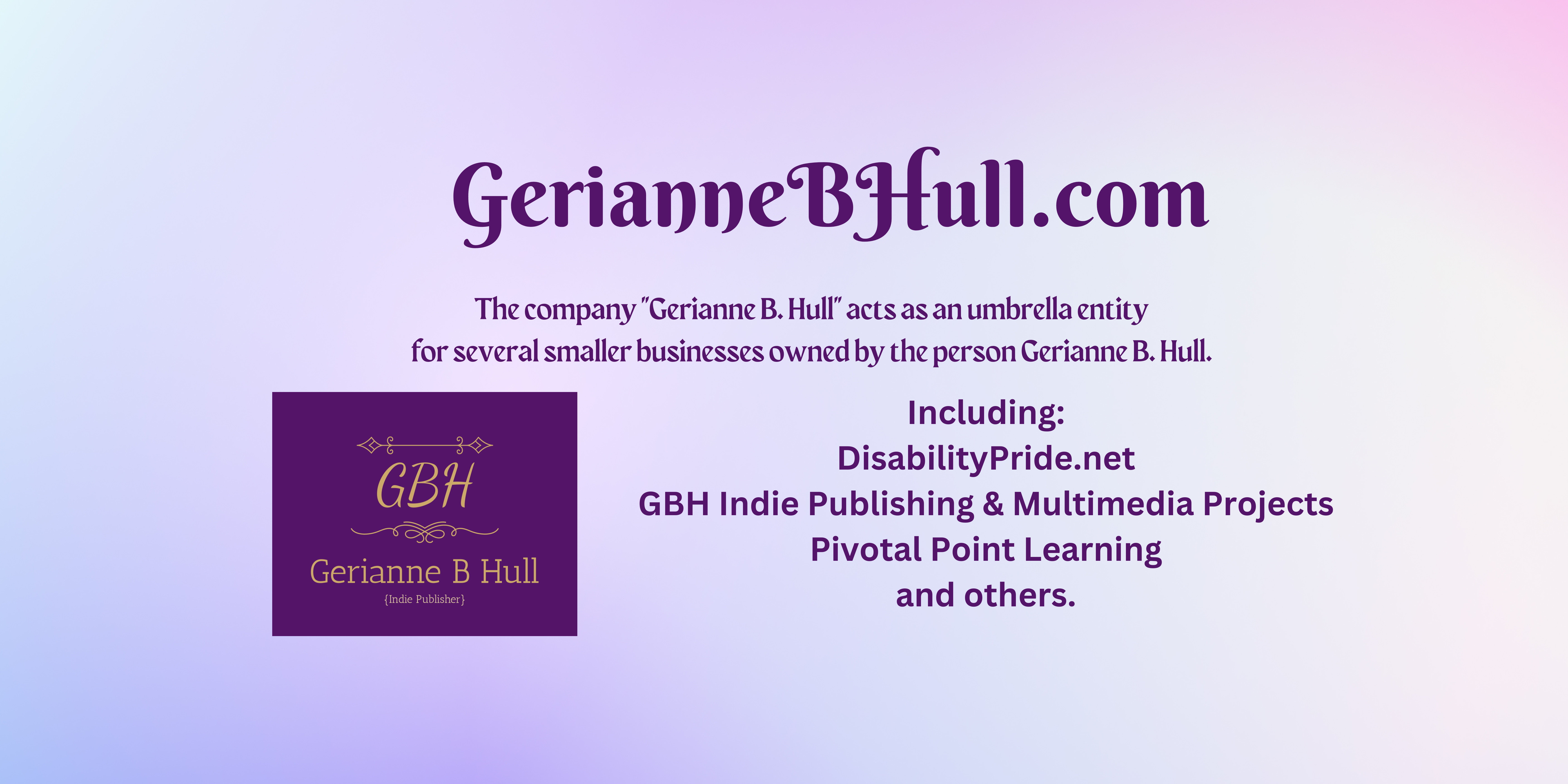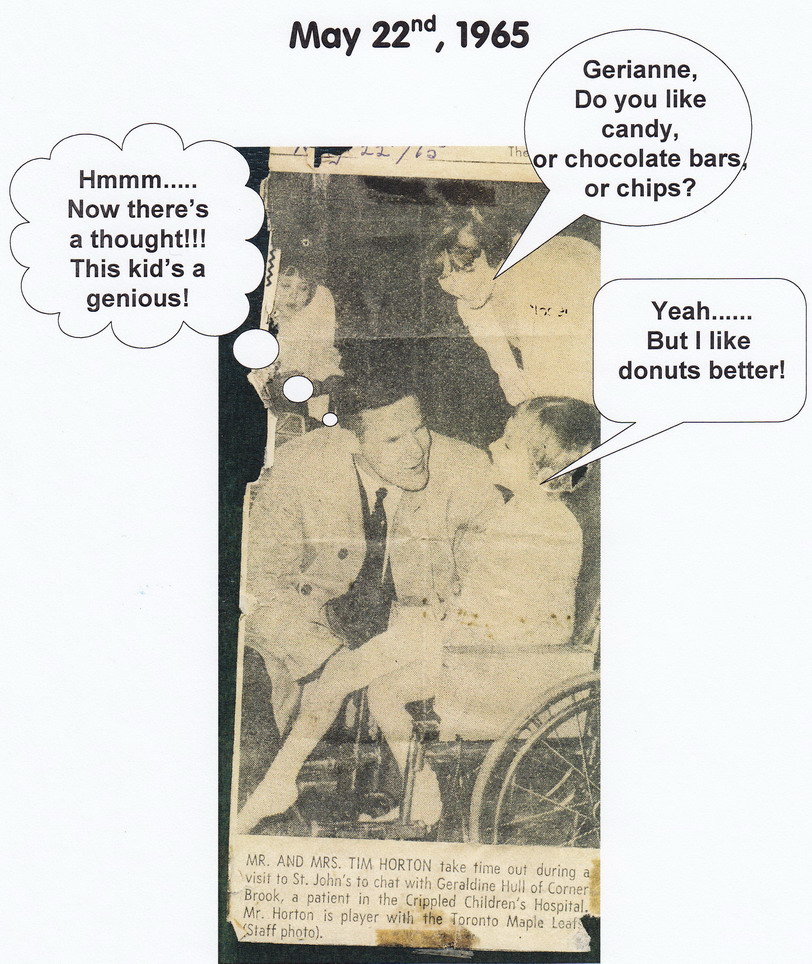[responsivevoice_button voice=”US English Female” buttontext=”Listen to Post”]
As you have no doubt noticed it’s been significant time since my last posting. Have I been on vacation? Lost interest maybe? Have nothing to say? Hardly!
Actually, some pretty exciting stuff has been taking place in my (and disabilitypride.net’s) life.
First, both of us have been given a huge show of support in a matter of speaking. As many of you know, an immense concern in my life these past few years has been around the issue of not having enough attendant hours/funding to adequately cover my needs.
In Nova Scotia there is another program besides the “Self-Managed Care Program” called the “Workplace Attendant Program,” which is run by our Department of Community Services. In most cases this program has supported those who are “employed” but not “self-employed.” After meeting with the program’s decision makers on May 1st, I was granted additional hours as a self-employed blogger. I and (and disabilitypride.net) will be a test case for possibly supporting future self-employment situations.
Our Department of Community Services (DCS) is now recognizing that even when an individual is highly skilled with many talents, conventional employment may not be practical for some people with disabilities. Although an increasing number of employers are open-minded enough to hire someone with a disability, there’s still a long way to go. Still, even among the employers who are open-minded enough to hire someone with a disability, they mostly hire those I refer to as the “able-bodied disabled” – the blind, the deaf, those with Down’s Syndrome or Autism. Those whose looks, speech, and movements are fairly “normal.”
In his article titled “The Business Case for Inclusive Workplaces for Persons with Disabilities”, Marcus Jamieson of TEAM Work Cooperative says: “…..according to the United Nations, there are over one billion people in the world living with a disability…. Even with these staggering facts, persons with disabilities participation in the workforce is not favorably reflected in our province’s employment statistics. Unemployment rates in Nova Scotia for persons with disabilities are twice the number of those without disabilities – 16% vs 8.8%. Also, the more severe the disability, the higher the unemployment rate.” That night, after my meeting with DCS’s WPA program managers, was the first night in over 3 years that I was able sleep without fear or worry of how to fully pay for all the attendant hours I need; without having to ask myself questions such as: “How do I hire new/replacement attendants when I don’t know how I’m going to fully pay for the hours I need now? How/where can I cut back without losing the ones that are extremely rock-solid reliable?” Living in that fear is horrifying. Our governments and agencies have no clue about what kind of utter fear this causes for people with disabilities who very much want to and are making immense efforts to be full members of the community. The system’s concept of getting back to you quickly is within a few months. They don’t even think about how people are going to manage “in the mean time.”
For this meeting I needed to have a prepared business plan. Alongside an exceptionally talented recent Dal Business Management graduate, Victoria Palmer, the collaboration of a solid document came into being. I am planning to put my business plan on disabilitypride.net in the near future.
Following the WPA decision came another first of sorts. I was requested by one of the Editors of the “International Journal for Direct Support Professionals” Dave Hingsburger, to contribute an article on the “Do’s and Don’ts” of staff who provide support to persons with disabilities in their individually private homes. In the past some of my poetry has been published internationally, but this is my first article to go in a professionally recognized international journal.
Yet this very busy couple of weeks started of with my conducting a mini workshop on self-confidence at Teamwork Cooperative. Visiting Teamwork is always such a positive experience for me. Many staff I now know well. Fellow guest speakers are always incredible to listen to; and I love to have current clients engaged in my presentations. It’s awesome!

